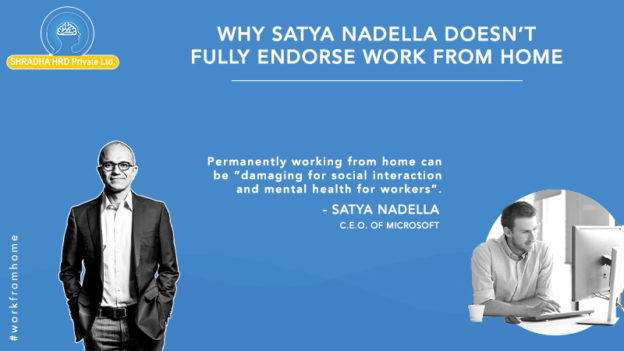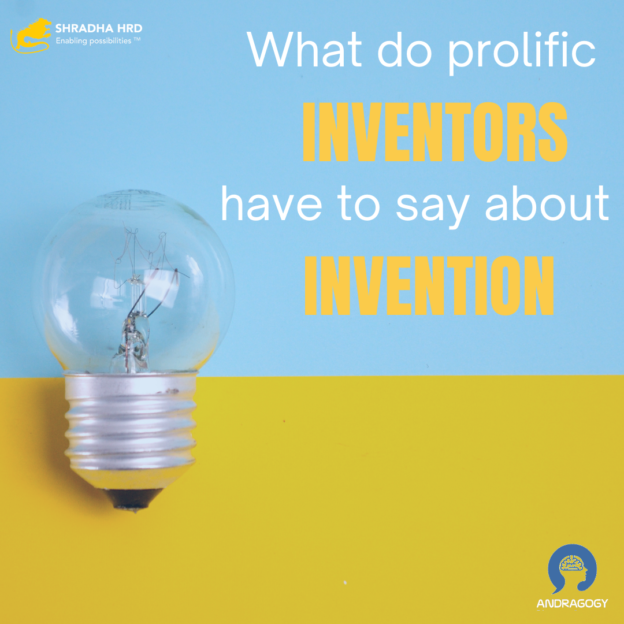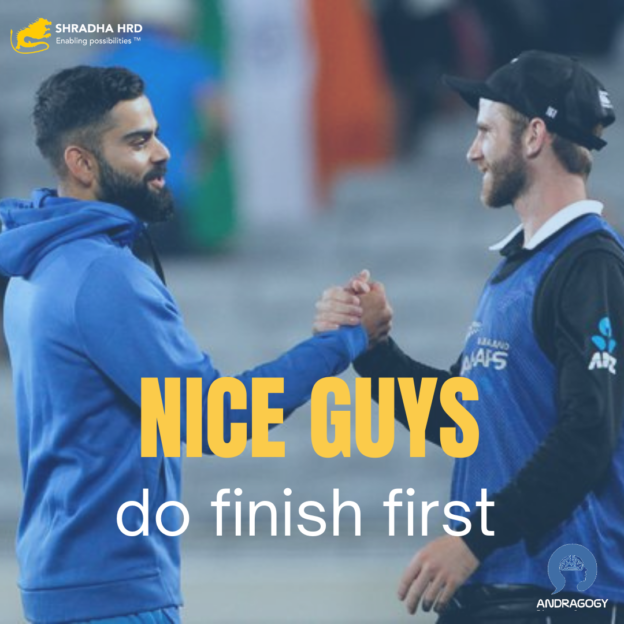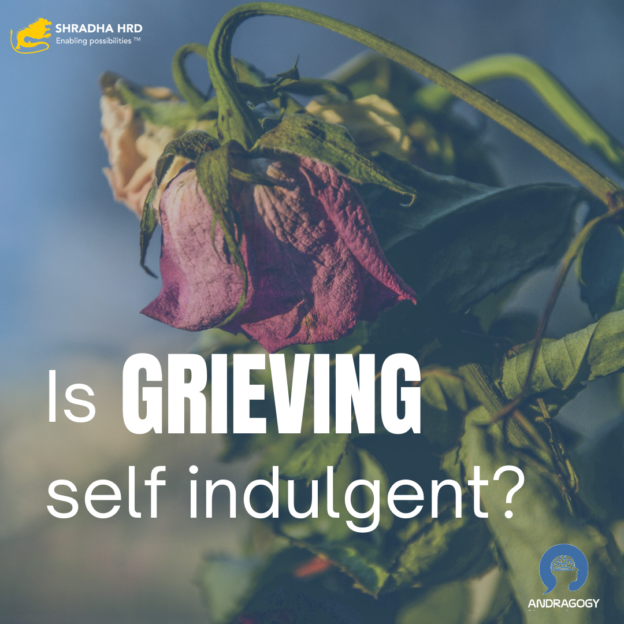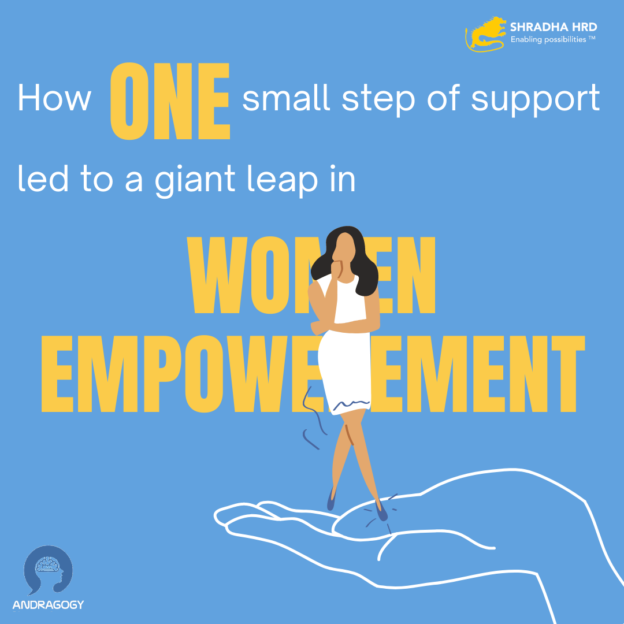
A hypothesis…if 100 monkeys speculated on the stock market for a week. They bought and sold stock like crazy…half would make a profit and half a loss. Then 50 continued, if we continued this iterative process, we would have a winner after 7 weeks. Lets say he’s the “success monkey”. We would look to find his “success principles”. How could the monkey get it right 7 weeks in a row?
Sounds strange, but its reality. We are often victims of the “outcome bias”.
In hindsight, if we look at the recent spurt in global oil prices, there is enough evidence to suggest, they would have. Some said they would go up and some said not. We need to examine what the predictions were based on? Was it just chance, the right answer was picked on or was there a clear rational thought behind it?
A bad result doesn’t mean a bad decision and vice versa. Instead of blaming yourself for a bad result or congratulating yourself for a coincidental success, remember…why did you choose what you did?
Were the reasons right and understandable? Then stick to your process…

